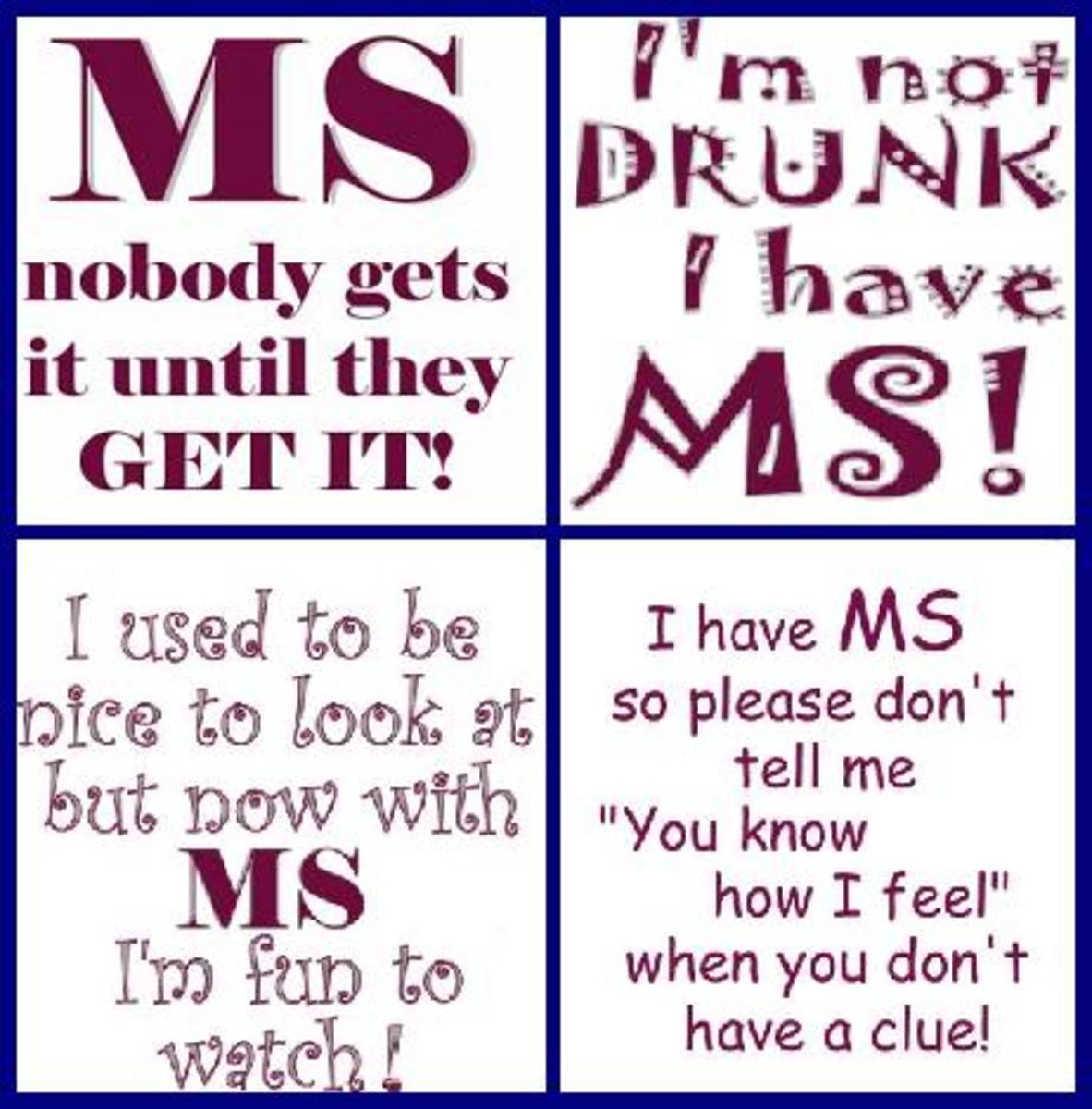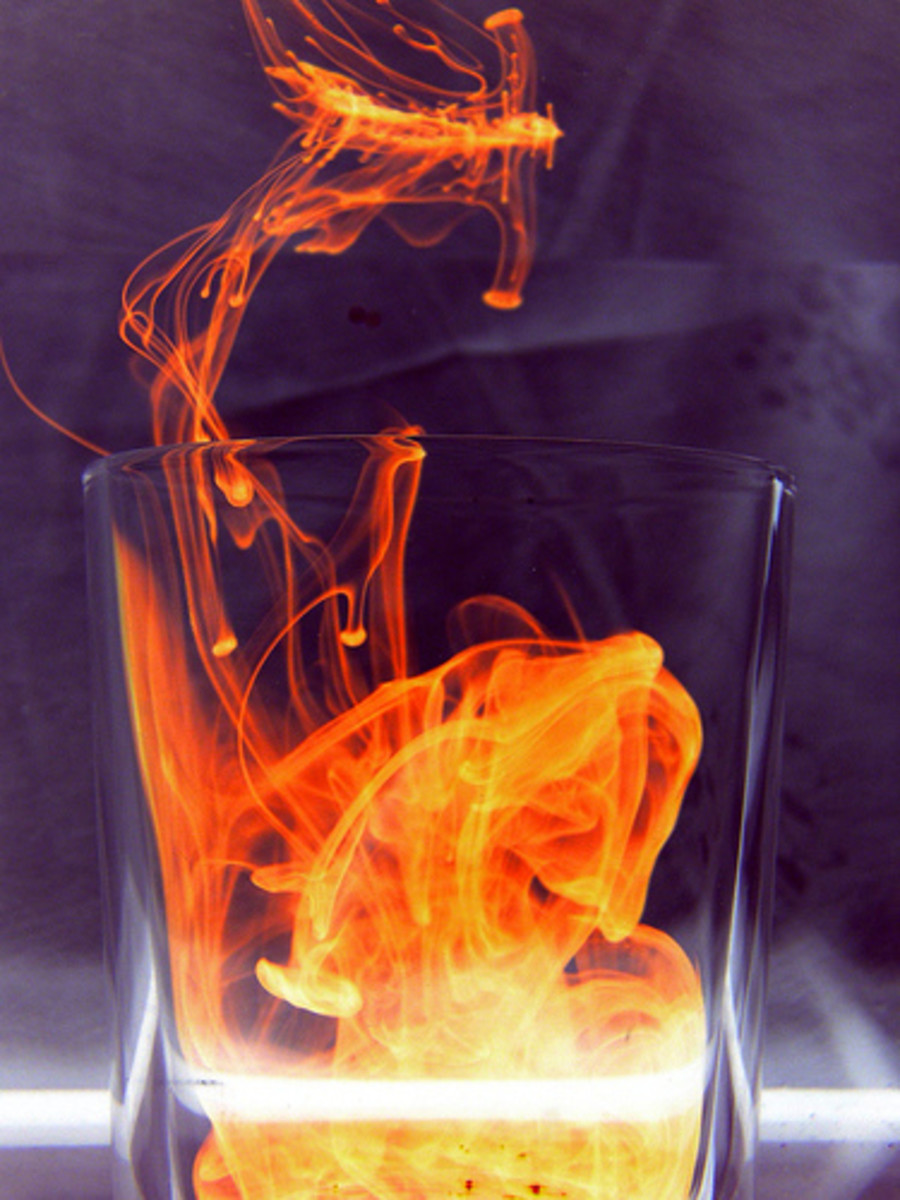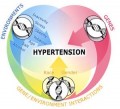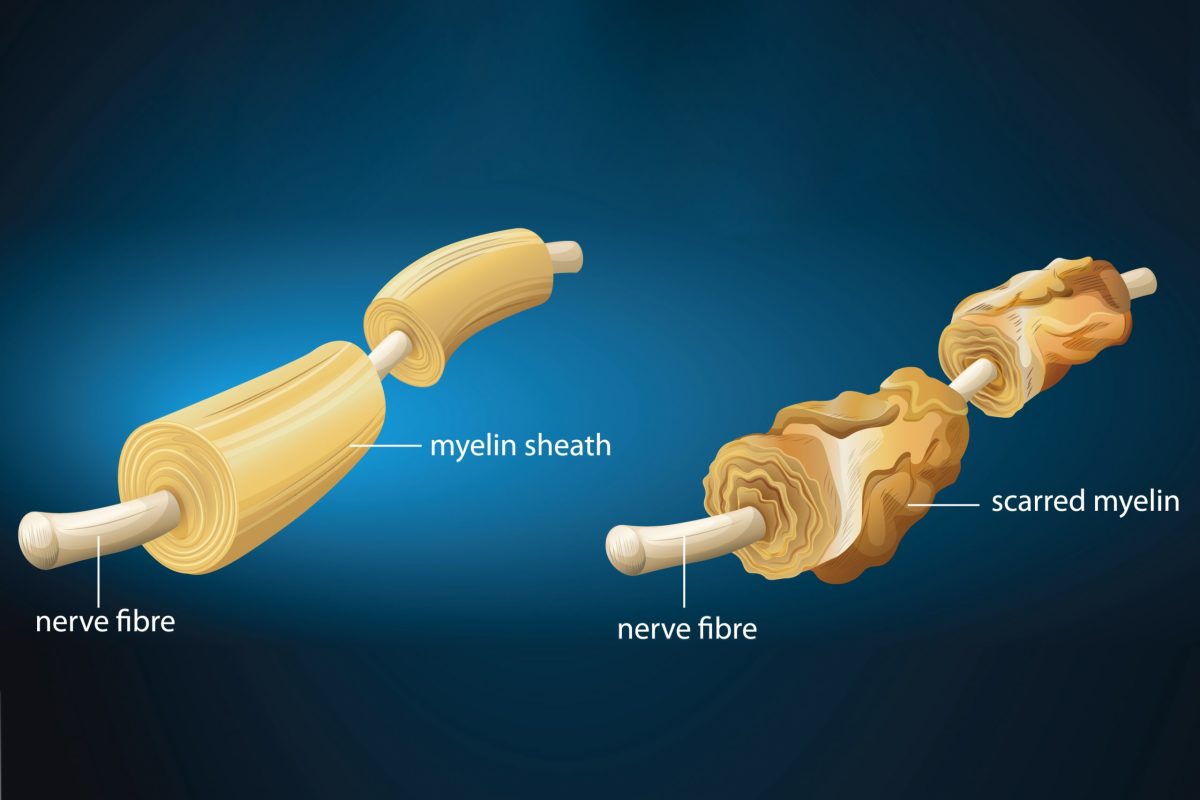Mixing MS and Alcohol
The National Multiple Sclerosis Society describes alcohol as a powerful drug that impacts someone with multiple sclerosis (MS) more than the general population. While combining MS and alcohol in moderation has been shown to increase your health-related quality of life, it still can affect your muscle coordination and interaction with certain MS medications.
Research estimates that around 40 percent of individuals with MS drink alcohol, with 0.8 percent drinking more than they should; however, these rates are the same as the general population. No evidence suggests people with MS consume alcohol or smoke cigarettes more than someone without it.
Alcohol in Moderation Only
An international survey of 2,469 people with MS found moderate alcohol consumption was associated with an increase in health-related quality of life and a 41 percent lower risk of significant disability. This study also found that if participants who smoked cigarettes in addition to drinking alcohol, they had a lower quality of life and greater risk of disability.
Moderate drinking in this study was defined as around 1.5 standard alcoholic drinks per week. One standard drink is the same as:
- One 12-ounce beer
- One five-ounce glass of wine
- One ounce-and-a-half shot of liquor
Experts often describe a moderate drinker as someone who eats before drinking, stays well-hydrated with water, and does not drink more than one drink per half hour.
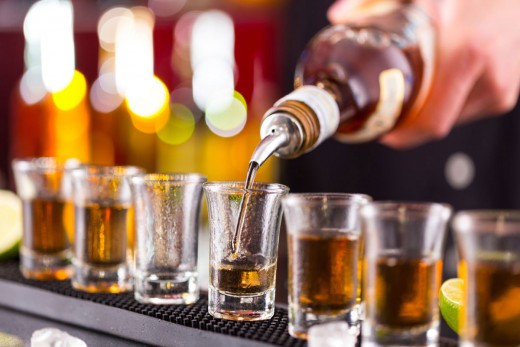
An international survey of 2,469 people with MS found moderate alcohol consumption was associated with an increase in health-related quality of life and a 41 percent lower risk of significant disability.
Alcohol With MS Symptoms and Medications
Despite this evidence, you should still talk to your healthcare provider about whether it is safe for you to drink alcohol. Alcohol can interact with MS medications, and it can worsen your normal symptoms.
When speaking to your healthcare provider, ask how much is safe and how often. They can help clarify the definition of a standard drink as well.
Certain medications used to manage MS should not be combined with alcohol, including baclofen, diazepam, clonazepam and certain antidepressants. Mixing these substances can lead to side effects such as dizziness, drowsiness and impaired thinking. If you are prescribed these medications, it is best to not drink alcohol.
The normal symptoms of MS actually mimic the symptoms of alcohol intoxication: feeling uncoordinated, vision difficulties, cognitive problems and slurred speech. Consuming alcohol with MS will only make these symptoms worse.
If you do drink, make sure you are in a safe environment with people who know your condition.
If you are still concerned, make a list of questions to ask your healthcare provider at your next appointment. Consider the following:
- Is alcohol safe for me to drink?
- Am I able to consume alcohol with the medications I am prescribed?
- How much alcohol can I consume?
- How often can I consume alcohol?
- How much is “one drink?”
Do you find alcohol has an impact on your MS symptoms?

Alcohol Abuse
Fourteen to 22 percent of those with MS develop an alcohol use disorder. The American Psychiatric Association defines an alcohol-related disorder as a problematic pattern of alcohol use that leads to significant impairment or distress.
Although those with MS experience alcohol abuse at the same rate as the general population, the consequences are more severe for those with MS. Alcohol abuse makes it difficult to adhere to treatment plans and worsens other comorbid medical conditions.
Alcohol abuse increases your chance of developing major depression and can affect your job, friends and family. To screen for alcohol abuse, ask yourself these four questions:
- Have you ever felt you should cut down on your drinking?
- Have people annoyed you by criticizing your drinking?
- Have you ever felt bad or guilty about your drinking?
- Have you ever had a drink first thing in the morning to steady your nerves or to get rid of a hangover?
If you answered yes to two or more of those questions, you should contact your healthcare provider for a more detailed evaluation.
A 2002 cohort study published in Neurology found that 28.6 percent of patients diagnosed with MS experience suicidal thoughts at some point in their lives. Alcohol use significantly increased a person’s risk for developing and acting upon these thoughts.
If you or a family member begin to develop suicidal thoughts, contact your healthcare provider immediately.
Effective treatment for alcohol abuse is available. Treatments usually involve a combination of psychotherapy and medication.
Although those with MS experience alcohol abuse at the same rate as the general population, the consequences are more severe for those with MS.
Your healthcare provider will conduct a thorough evaluation and recommend the best treatment for your particular situation.
Psychotherapeutic treatments include individual counseling with psychotherapists who may use cognitive-behavioral therapy or motivational interviewing. Twelve-step programs such as Alcoholics Anonymous use a combination of behavioral, psychological and spiritual interventions to help their members recover.
Those with MS can consume alcohol in moderation if it does not interact with their prescribed medications. In fact, around one alcoholic drink per week has been associated with a higher quality of life and decreased risk of disability in individuals with MS. You should be certain to only drink in a safe environment with people you trust.
If you are concerned about your drinking, contact your healthcare provider for further information. Effective treatment is available in the form of psychotherapy, medication, and support groups. Seeking treatment not only helps you, but it helps your friends and family too.

MS and Alcohol: In Summary
- Alcohol impacts people with MS more than the general population.
- 40 percent of people with MS drink alcohol; 0.8 percent say they drink more than they should.
- A study showed moderate drinking was associated with an increase in quality of life.
- Alcohol can interact with MS medication to worsen your symptoms, so talk to your doctor about drinking with MS.
- 14 – 22 percent of people with MS develop an alcohol abuse disorder, which can lead to even more health issues.
- Psychotherapy and medications can be implemented to treat alcohol abuse if you think you may have a problem.
Written by Melissa DeCapua

